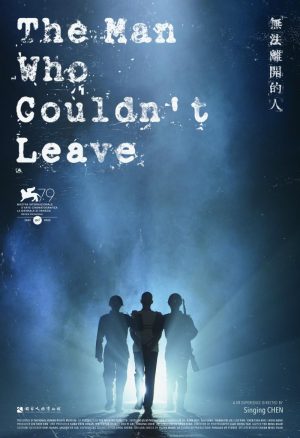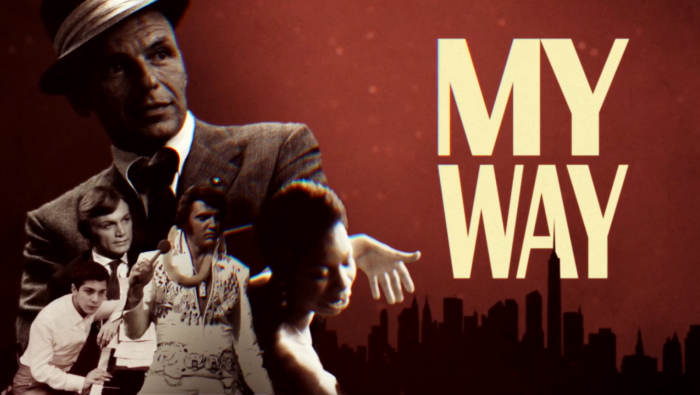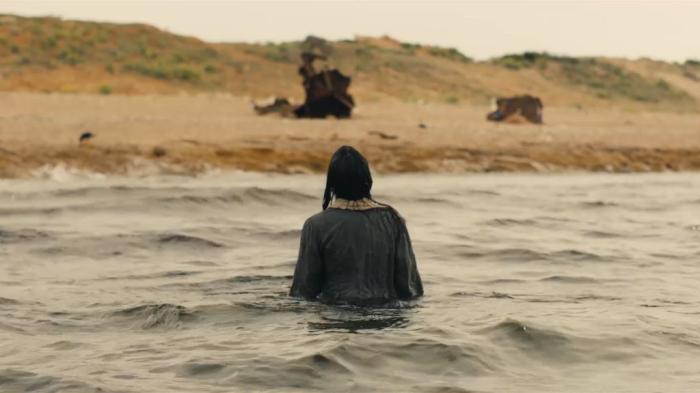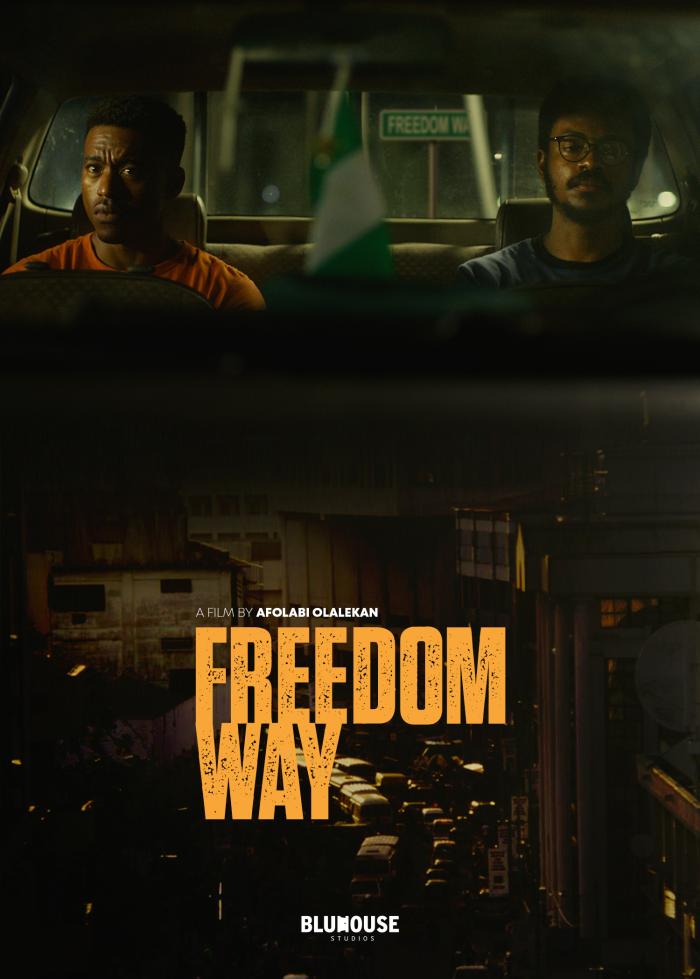
THE MAN WHO COULDN'T LEAVE
Other movies

MY WAY
Director: Thierry Teston
Many people are unaware that the iconic song My Way, most famously recorded by Frank Sinatra but covered by everyone from Pavarotti to Sid Vicious and Robbie Williams, was based on the melody of a French tune. In 1967, composer Jacques Revaux and singer Claude Francois wrote Comme D'habitute while sitting by Francois’ swimming pool. Not long after that, it made its way to the United States, where Paul Anka wrote the words that Frank Sinatra would make famous; since then, it has crossed eras, borders and generations. In commemoration of 50 years of My Way, the directors assemble archival footage, interview musicians and unearth new anecdotes to piece together the tune's history, with the song personified by Jane Fonda's narration.

AGORA
Director: Ala Eddine Slim
A blue dog and a black crow narrate the strange story of three revenants – people who are not quite dead, but not alive either – who resurge in a remote town, reviving the unsolved mysteries around their respective disappearances. Fathi, the local police inspector, is on the case, assisted by his friend Amine, the local doctor. What begins as a conventionally recognisable crime thriller, however, becomes more of a mood piece once Omar, a police investigator from the city, arrives to shine a light on what has happened and is overwhelmed by the irrationality of the chain of events. At once absurd and disturbing, Agora gradually reveals itself as both poetic fable and a political commentary on the state of Tunisia.

FREEDOM WAY
Director: Afolabi Olalekan
When two young software engineers set up EasyGo, a ride-sharing scheme for commercial motorcyclists in hectic Lagos, it is a godsend to riders like Abiola, who is soon depending on its customers to support his family. The success of the app, however, attracts the attention of corrupt police and government ministers who contrive to get it banned. Other stories – one about a doctor wrestling with his conscience, one about two police officers at loggerheads over the common practice of shaking down young people in the street – show that this kind of low-level violence is everywhere.. Like Lagos itself, the melodramatic storylines are fast and intense; as the characters’ stories start to dovetail, as if the city itself were pushing them together.





